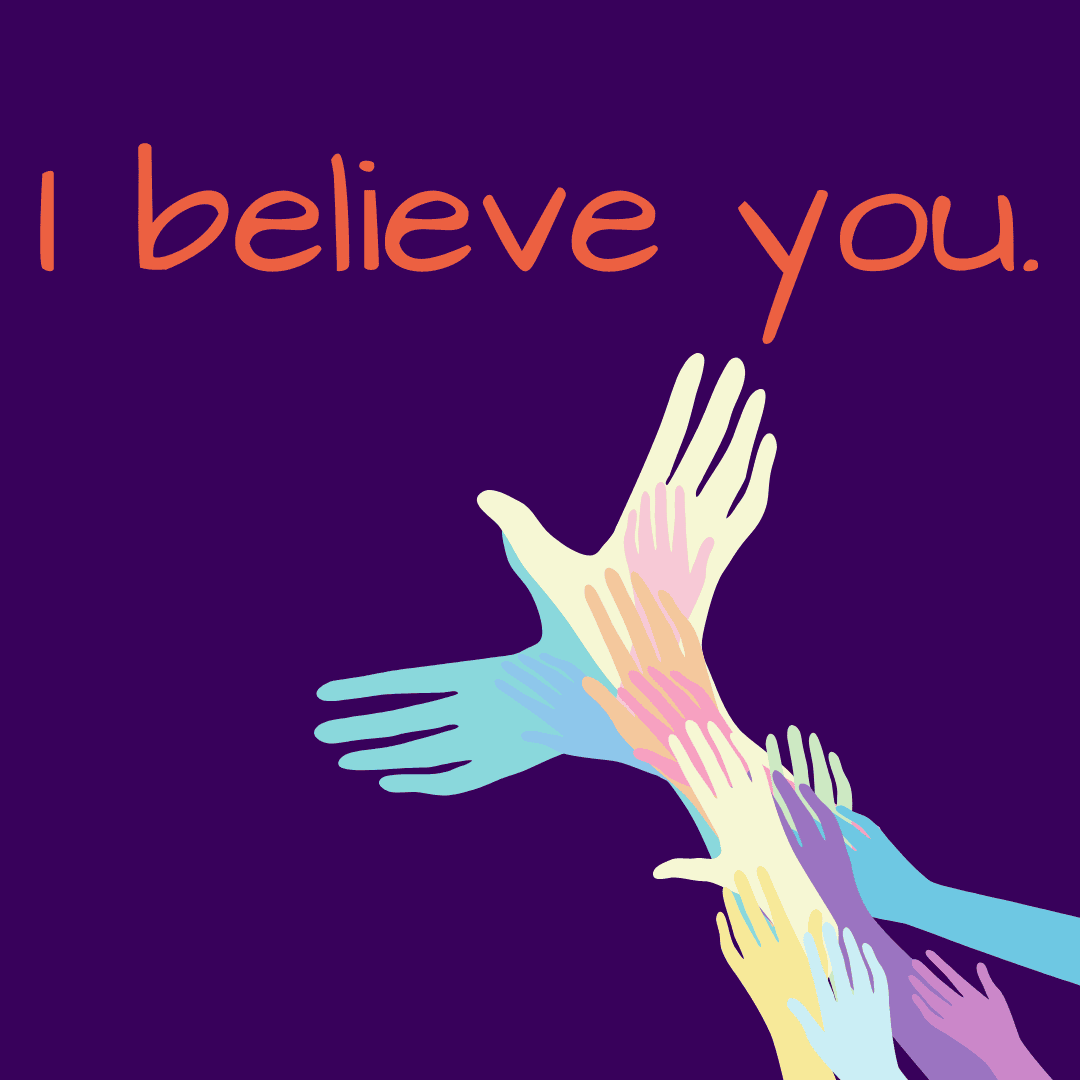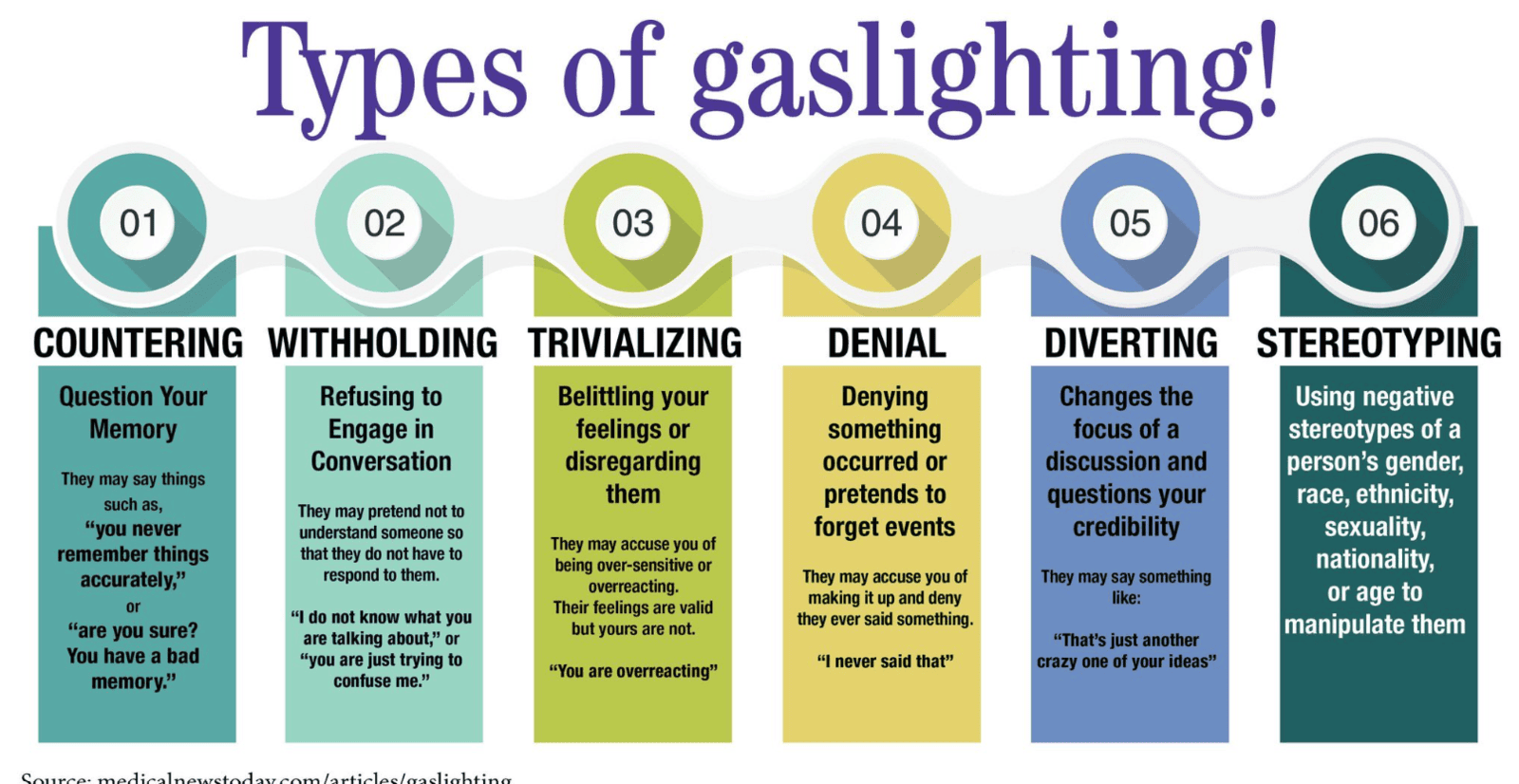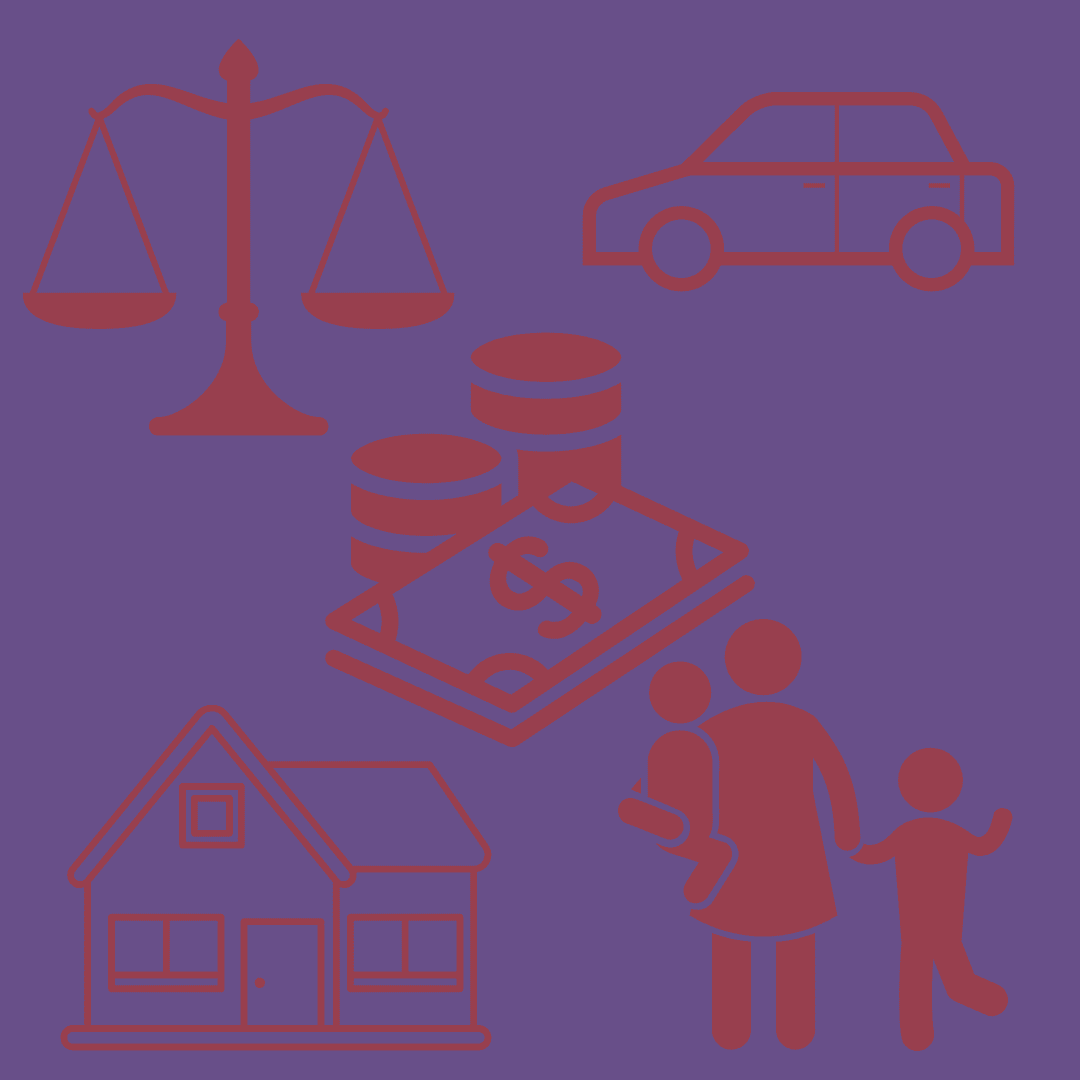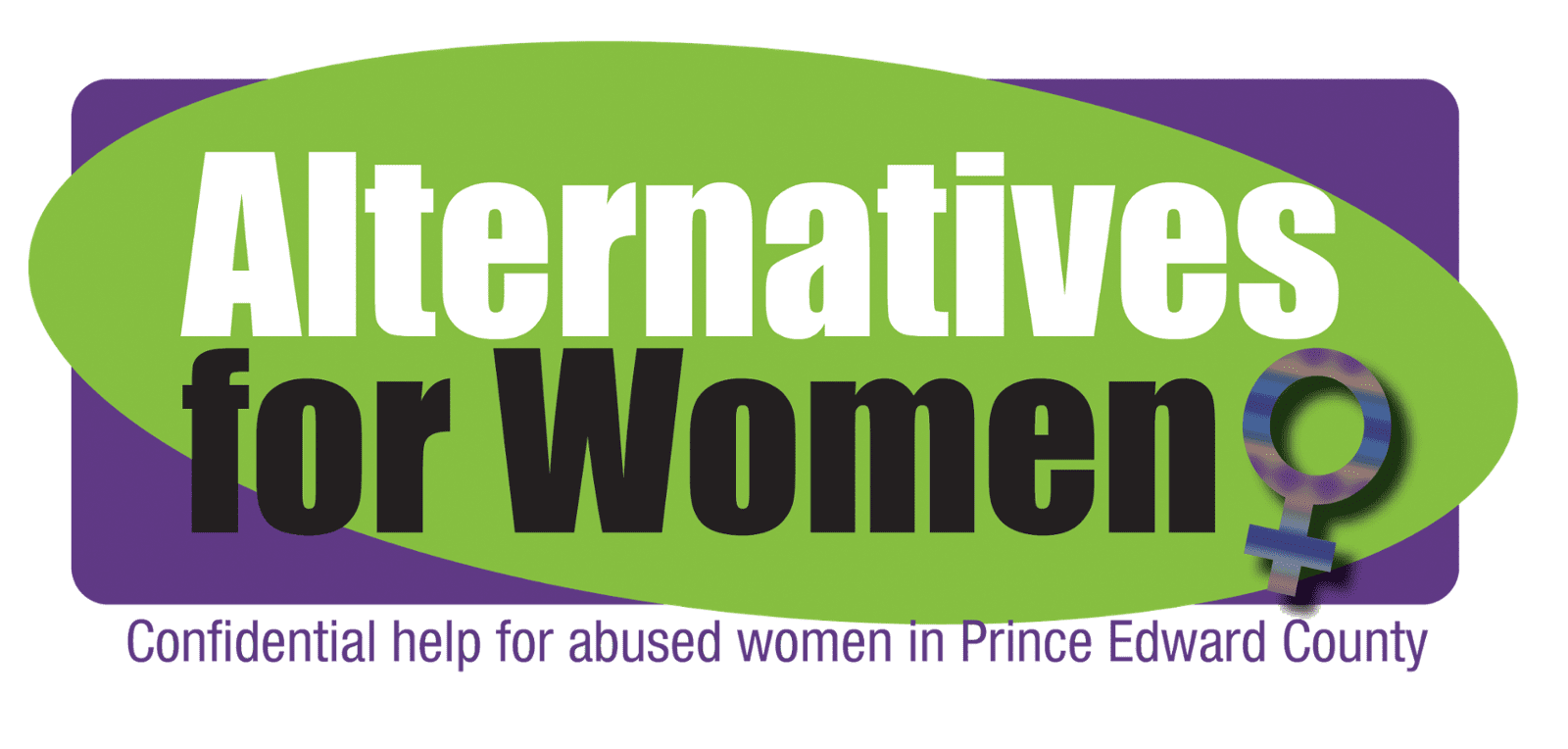I believe you.
These are the first words that you should say if you are honoured enough by someone else’s trust to be told that they are experiencing intimate partner violence. Regardless of how the subject is broached and what words are used to describe the situation, your response (as the listener) should be to say, “I believe you.” Your response should also be to really believe that person, to turn on your compassion and your empathy and believe. Don’t just say the words. Mean them.

This can be difficult if they are disclosing to you that they are being abused by someone that you know and like. And yet it is extremely important.
Many people who abuse their partners are very charming and likeable. They don’t act abusively in public spaces, especially not when there are people around who may know them. Their charm and likeability are probably why the couple got together in the first place. So, if you like someone who you later find out is abusing their partner, don’t be surprised. Far too often people who abuse are the nicest people ever, to everyone except their partner (and sometimes also their children).
And if you are struggling to believe the person who disclosed this information to you, keep up the good work. You may be struggling, but you are aiming to believe. That’s important because believing people who are experiencing intimate partner violence (or who have experienced intimate partner violence and left their partner) can be crucial.

One reason for this is that a very common tactic in abusive relationships is for the person who abuses to gaslight the other person. In gaslighting the one person works to undermine the other person’s confidence in their memory, their reasoning, and eventually their own sanity. You do not want to reproduce that feeling in the person who has just opened up to you. Honouring their trust in you means being sure that you don’t cause them any further hurt. When you say “I believe you” it starts to repair the harm that the gaslighting has caused.
It's also important to remember that the person who has disclosed that they are experiencing intimate partner violence is being very brave. Often people who abuse threaten to hurt anyone outside of the relationship who is told. They will also threaten to hurt their partner, and possibly their kids or pet or other loved ones. Keeping the matter private is part of ensuring that the person who abuses maintains control.
Because the person experiencing the abuse has been living with it for some time, they have been schooled to believe the person who abuses them. They will believe him when he says he will kill someone else, or beat them up, or harass them. They believe even if the person who abuses has absolutely no intent of acting on their threats. However, the person being abused believes that he will because he has harmed them so much that they have difficulty assessing risk levels for themselves and others. They do know how much they have been hurt, and so they can believe that he is capable of hurting others. They have made a decision from the depths of fear, and yet they did it anyway. Why would they take such a chance if what they were saying was not true?
And so, it is brave to disclose. In disclosing a person living with abuse is putting themselves at risk and, for all they know, putting you at risk too. It takes courage to overcome the fear of those dangers, and to disclose.
That’s another reason to believe the disclosure of the truth about their relationship. It honours that woman’s courage.
A further important reason to believe women who disclose to you that their partner is abusing them, is that it helps them to believe that they can seek more help. Research shows that women often choose not to report what is happening to them because they fear they will not be believed. Whether that report is to the police, or to a health care worker, or to an educator, or to some other form of support, or to you – women who experience violence are rarely confident that they will be believed. By your believing them you are showing them that they have at least one support, and that it might be worth the risk to ask for more support from more places.

And women who are experiencing or leaving intimate partner violence need multiple venues of support, because there are so many barriers to them being able to remain safe while they navigate intimate partner violence – whether they stay or try to leave. A critical barrier faced by women in these situations is financial. Independent financial stability addresses so many of the other barriers, like housing, and transportation, and legal support, and childcare, and the list goes on. When women are not independent financially, they must seek the support of agencies and institutions to ensure that they can maintain a safe, secure, stable life once they have left their abusive partner, or while they continue to live with him.
If they choose to stay, independent financial stability provides them with so many options for ensuring their ongoing relative safety, and that of their loved ones. To repeat, one common element of abusive relationships is threats being made against a woman’s loved ones. With independent financial stability, women can pay for services that will enhance the safety of themselves and their loved ones. Without those finances, she leaves a lot of things up to chance. This is true whether or not she leaves.
So, when someone discloses to you that they are experiencing intimate partner violence, tell them “I believe you.”
Those three words open so many doors for them.
Be the person to open those doors.
